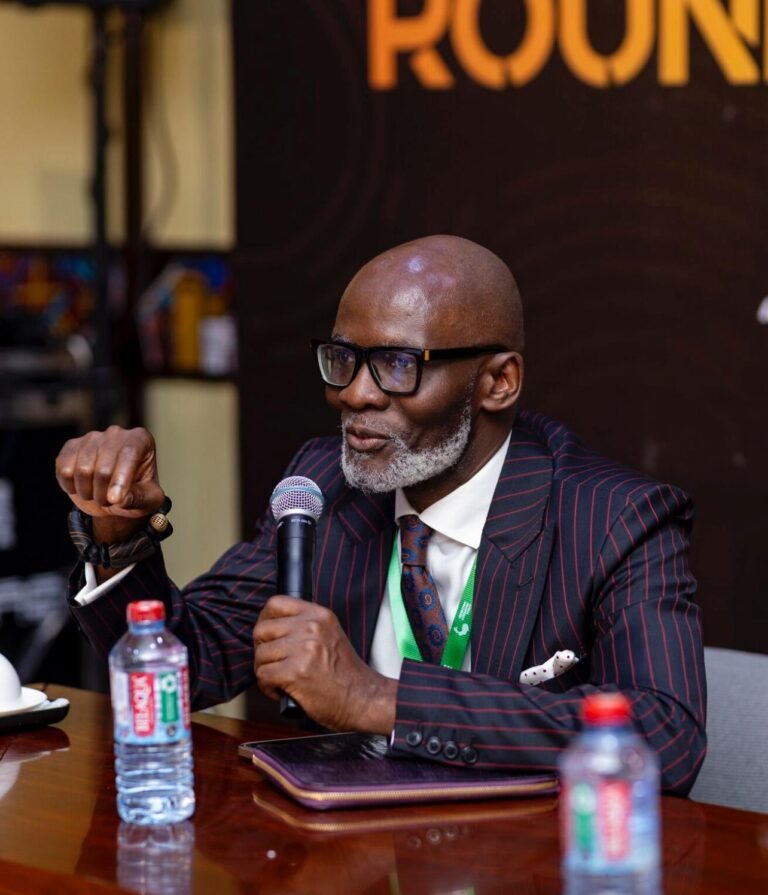
The writer

It is crucial for me at this stage to draw Ghanaians’ attention to the fact that, in the dynamic landscape of our politics, the re-election of John Dramani Mahama as President would signify not just a step backward but a full retreat into an era marked by economic instability, unfulfilled promises and governance issues.
As Ghana grapples with complex challenges, and seeks a trajectory towards sustainable development, it is vital to examine why a vote for Mahama represents a recipe for the nation’s retrogression.
Mismanagement
John Mahama’s tenure as president from 2012 to 2017 was plagued by economic mismanagement, which significantly hampered Ghana’s progress.
Under his administration, the country witnessed alarming levels of public debt, soaring inflation, and a depreciating currency.
By the end of Mahama’s presidency, Ghana’s debt-to-GDP ratio had escalated to over 70%, placing an immense burden on the nation’s finances and limiting its ability to invest in crucial sectors like education, health, and infrastructure.
Moreover, the power crisis, known locally as “dumsor,” became a symbol of Mahama’s governance failures. The erratic power supply crippled businesses, led to job losses, and affected the daily lives of millions of Ghanaians.
The lack of a coherent strategy to address this energy crisis reflected a broader inability to manage essential national resources effectively.
Corruption
Promises made by Mahama’s administration often fell short, creating a chasm between the expectations of Ghanaians and the reality on the ground.
Key projects, such as the Savannah Accelerated Development Authority (SADA) and the Ghana Youth Employment and Entrepreneurial Development Agency (GYEEDA), were marred by allegations of corruption and mismanagement.
Billions of cedis earmarked for these initiatives vanished without yielding the intended benefits, eroding public trust in governmental institutions.
Transparency International consistently ranked Ghana poorly in its Corruption Perceptions Index during Mahama’s presidency.
The widespread perception of graft and the numerous scandals that erupted during his tenure, such as the infamous GYEEDA scandal and the Woyome judgement debt saga, painted a picture of an administration more concerned with personal enrichment than national development.
Accountability
Effective governance requires accountability, transparency, and responsiveness to the needs of the populace. Mahama’s administration struggled with these principles, leading to widespread dissatisfaction.
The failure to hold officials accountable for corruption and poor performance undermined the rule of law and fostered a culture of impunity.
This lack of accountability extended to the management of public resources, where wasteful expenditures and poorly executed projects became the norm rather than the exception.
Mahama’s leadership style also exhibited a disconnect from grassroots concerns. Many Ghanaians felt alienated by policies that seemed out of touch with their daily struggles.
This disconnect was exacerbated by a bureaucratic system that was often slow to respond to pressing issues, further diminishing public confidence in the government’s ability to effect meaningful change.
Critical juncture
Ghana stands at a critical juncture. The path forward requires innovative leadership, economic prudence, and a firm commitment to transparency and accountability.
Re-electing John Mahama, whose previous administration was characterized by economic mismanagement, corruption, and governance issues, would be a regressive step that jeopardizes the nation’s aspirations for progress.
Instead, Ghana needs leaders who can build on the progress made in recent years, addressing the systemic challenges that hinder development.
This involves a robust framework for combating corruption, enhancing public sector efficiency, and fostering inclusive growth that benefits all citizens. Alhaji Dr. Mahamudu Bawumia is our sure bet to propel Ghana to greater heights.
The current administration has made strides in stabilizing the economy, improving infrastructure, and tackling corruption. Continuity in these efforts is essential to ensuring that Ghana does not revert to the pitfalls of the past.
A vote for John Mahama is a vote for retrogression. It is imperative for Ghanaians to reflect on the lessons of the past and choose a path that prioritizes sustainable development, economic stability, and good governance.
The future of Ghana depends on voting massively for Alhaji Dr. Mahamudu Bawumia.
The writer is an Executive Assistant to the CEO of the National Service Scheme (NSS). Email: ananaakuffo1@gmail.com




